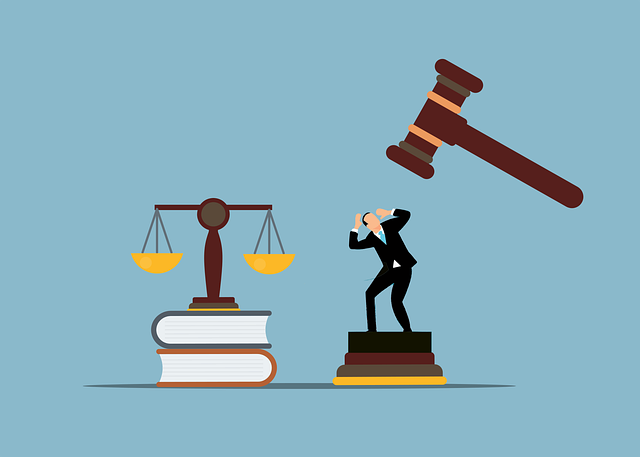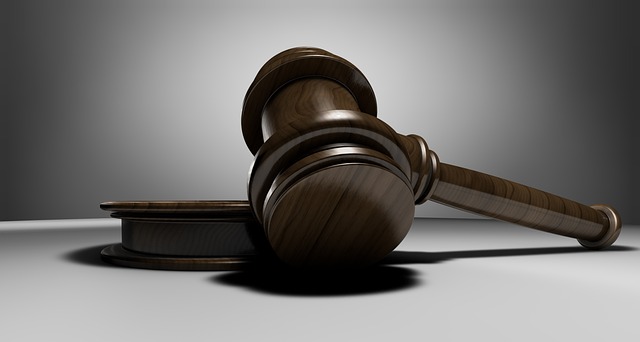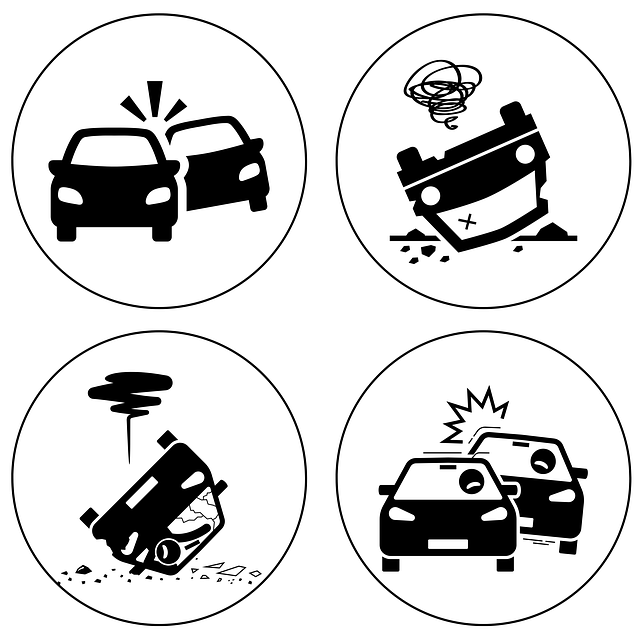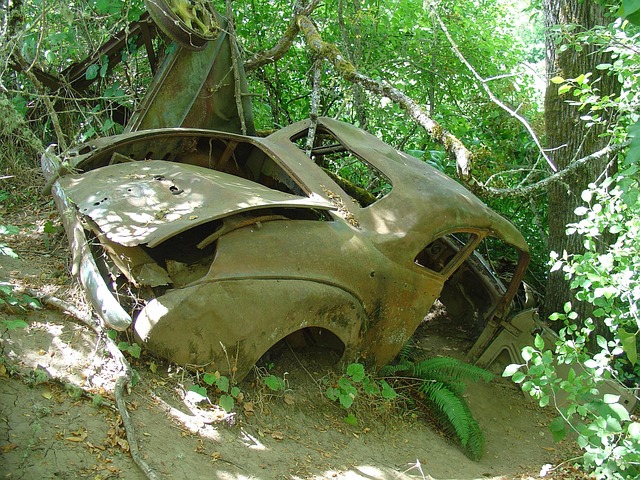Pedestrian bus accidents require a thorough investigation of multiple factors, including driver behavior, pedestrian actions, environmental conditions, and infrastructure failures. Establishing liability often involves shared fault, leading to complex negotiations and lengthy legal processes. A comprehensive inquiry using police reports, witness statements, and expert opinions is essential for reaching a just conclusion and ensuring appropriate compensation for victims, emphasizing the significance of consulting a qualified personal injury lawyer.
Understanding fault in a pedestrian bus accident is crucial for ensuring justice, compensation, and future safety. This comprehensive guide delves into the intricate factors contributing to these collisions, from driver negligence and pedestrian recklessness to infrastructure failures. We explore real-world case studies to clarify liability determination. Furthermore, we assess the impact on victims, guiding them through medical evidence, insurance claims, and legal implications. Lastly, we highlight strategies to enhance safety through technology, regulations, and community engagement.
- Determining Liability: A Deep Dive into Fault Attributes
- – Exploring the factors contributing to pedestrian-bus accidents
- – Assigning fault: Driver negligence, pedestrian recklessness, infrastructure failures
Determining Liability: A Deep Dive into Fault Attributes

In a pedestrian bus accident, determining liability is a complex process that delves deep into the fault attributes involved. The first step is to establish who was at fault—the bus driver, the pedestrian, or even a third party not directly connected to either. This involves examining crucial factors such as speed and direction of both entities, adherence to traffic rules, and any distraction or impairment that might have played a role. For instance, if a pedestrian suddenly ran into the road without looking, the bus driver may not be held entirely responsible, even if they were going at an above-average speed due to an urgent need to reach a stop.
Liability in these cases often boils down to partnership disagreements between the involved parties and their respective insurance providers. Personal injury claims from pedestrians or homeowners affected by such accidents can lead to lengthy negotiations and legal battles. In many instances, fault is shared—a combination of both driver negligence and pedestrian carelessness. This dynamic necessitates a thorough investigation into each party’s actions, involving police reports, witness statements, and, in some cases, expert opinions to reach a just conclusion that reflects the reality of the accident, rather than simply assigning blame based on one side or the other.
– Exploring the factors contributing to pedestrian-bus accidents

Pedestrian bus accidents are complex incidents with multiple contributing factors. One of the primary reasons could be the failure to yield or stop at crosswalks, often due to driver distraction, fatigue, or aggressive driving. Pedestrians, too, play a role; they may fail to look both ways before crossing, step into the road without warning, or ignore traffic signals, increasing the likelihood of collisions.
Environmental factors such as poor lighting, inadequate signage, and poorly maintained roads can also contribute to these accidents. Additionally, human error, including driver inattention or pedestrian misjudgment, often plays a significant part. Understanding these factors is essential for both client recovery and resolving potential contract disputes that may arise from such incidents, where an experienced car accident lawyer can provide guidance and advocate for justice.
– Assigning fault: Driver negligence, pedestrian recklessness, infrastructure failures

In a pedestrian bus accident, assigning fault is a multifaceted process that requires careful consideration of various factors. The primary culprits often include driver negligence and pedestrian recklessness. Drivers bear the responsibility of adhering to traffic rules, maintaining safe distances, and being vigilant in their surroundings. Negligence on their part, such as distracted driving or speeding, can lead to catastrophic outcomes. Pedestrians, too, must exercise reasonable care, especially in areas with heavy traffic. Reckless behavior like jaywalking or ignoring traffic signals can contribute to accidents.
Beyond human actions, infrastructure failures play a significant role in some pedestrian bus incidents. Inadequate signage, poorly designed crosswalks, or missing safety features can create hazardous conditions. These failures may not directly involve negligence but still hold legal implications when they result in injuries. For those seeking justice and compensation after such accidents, consulting with a personal injury lawyer is crucial. They can help navigate the complexities of these cases, whether it involves a slip and fall or a more severe incident involving a bus.
In understanding pedestrian bus accidents, it’s crucial to clearly delineate liability by examining the intricate web of factors at play. From driver negligence and pedestrian recklessness to infrastructure failures, each element contributes to these unfortunate events. By thoroughly analyzing these aspects, we can ensure justice and improve safety measures to prevent future occurrences of such incidents involving pedestrians and buses. This comprehensive approach to assigning fault is a vital step towards making our roads safer for everyone.





